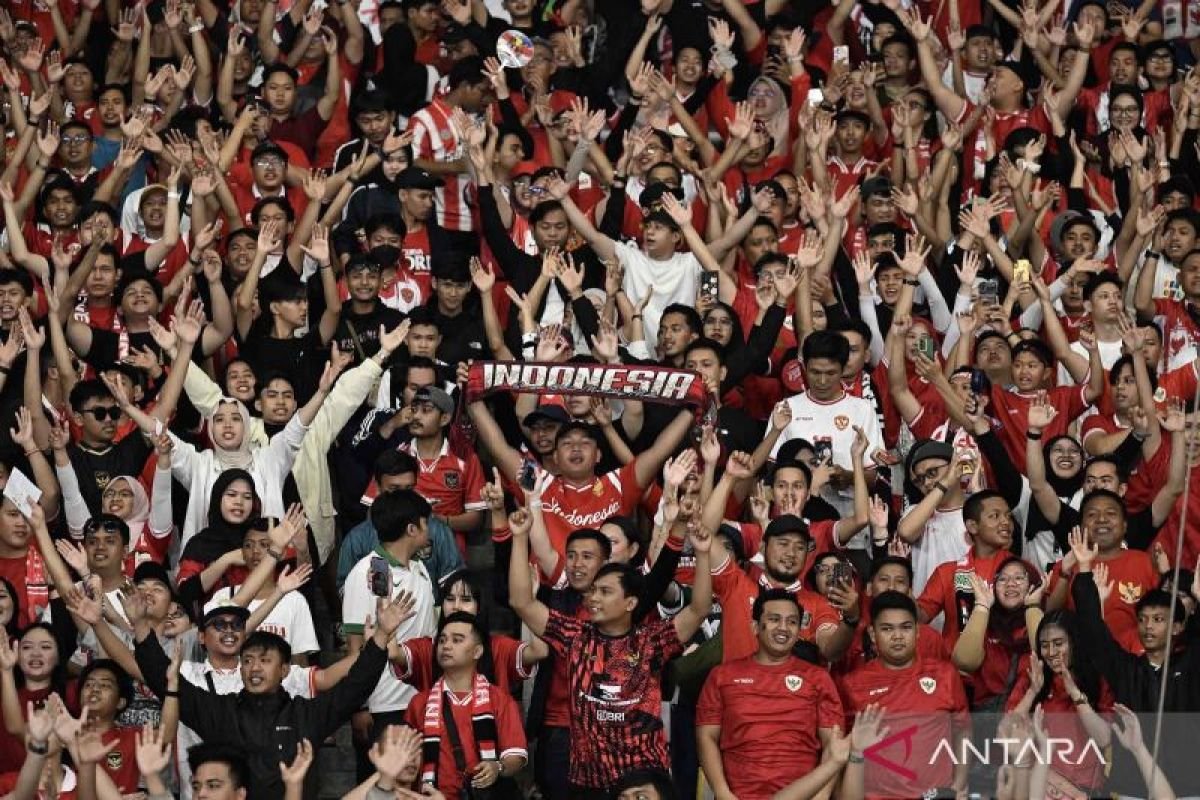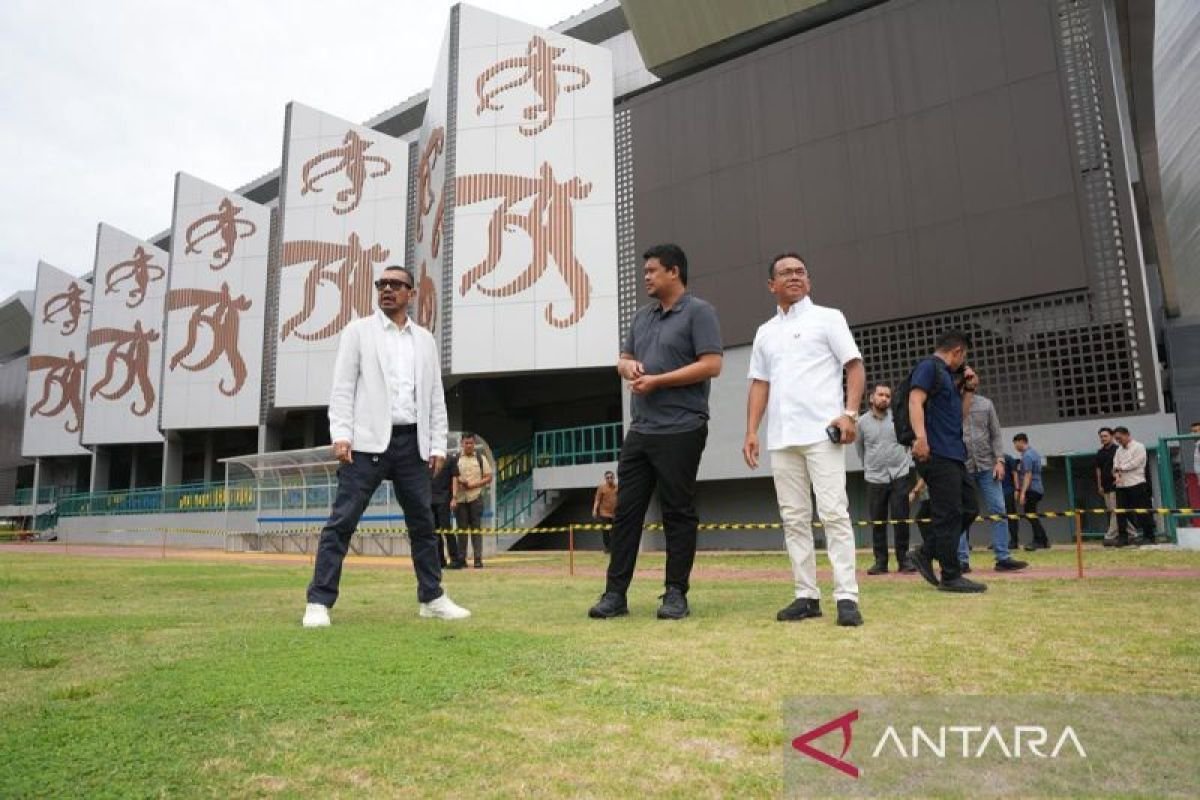Title: A New Era for Indonesian Football: President Prabowo Subianto Inaugurates 17 FIFA-Standard Stadiums
On a historic day for Indonesian sports, President Prabowo Subianto inaugurated 17 FIFA-standard stadiums across the archipelago, marking a significant milestone in the country’s quest to elevate its football landscape and promote a vibrant sporting culture. This initiative, part of a broader vision to boost both local and international sporting events, underscores Indonesia’s commitment to developing world-class facilities that meet global standards.
A Vision for Indonesian Football
In his inaugural speech, President Subianto expressed his enthusiasm for the potential that these new stadiums hold for Indonesian football. He emphasized that this development is not merely about constructing physical structures but about fostering a love for the game, encouraging youth participation, and enhancing national pride through sports.
“These stadiums represent more than just bricks and mortar. They symbolize our nation’s ambitions, resilience, and the belief that we can compete on the world stage,” said Subianto.
FIFA Standards: What Does It Mean?
FIFA, the global governing body for football, has established comprehensive standards for stadiums, ensuring that they can host major international events. These standards encompass various aspects, including seating capacity, pitch quality, facility amenities, and safety protocols. By constructing stadiums that adhere to FIFA regulations, Indonesia positions itself to potentially host prestigious international tournaments such as the FIFA World Cup and AFC Asian Cup in the future.
The Stadiums and Their Locations
The 17 stadiums are strategically located across various provinces, aiming to provide widespread access to quality football facilities. Each venue is equipped with state-of-the-art technology, including advanced lighting systems, high-quality natural and artificial playing surfaces, and fan-friendly amenities. Some of the notable locations include:
- Jakarta: The capital city’s new stadium boasts a capacity of 60,000, poised to become the focal point of Indonesian football.
- Surabaya: Known for its passionate fanbase, the stadium in East Java is designed to host not only football matches but also concerts and other sporting events.
- Bali: The island’s eco-friendly stadium will showcase Indonesia’s commitment to sustainable sports infrastructure.
Economic and Social Impact
The inauguration of these stadiums is expected to have far-reaching economic benefits for the regions in which they are located. Job creation during the construction phase and ongoing employment opportunities for maintenance and staffing will stimulate local economies. Moreover, these venues will attract tourism, promoting local businesses and generating revenue through events.
Socially, the new infrastructure serves as an impetus for youth engagement. With improved access to quality facilities, aspiring footballers will have the opportunity to hone their skills and participate in organized competitions. This focus on youth development is crucial for the long-term success of Indonesian football.
A Call to Action
The inauguration of the 17 FIFA-standard stadiums is both a celebration and a call to action. It invites stakeholders, including local governments, private sectors, and football associations, to collaboratively foster a robust sporting culture. President Subianto’s leadership in this initiative reflects a broader commitment to sports as a vehicle for national unity and pride.
“Let us work together to make Indonesia a powerhouse in football and other sports. This is not just about winning matches; it’s about building a legacy for future generations,” the President concluded.
Conclusion
As Indonesia steps into a new era of football, the inauguration of these FIFA-standard stadiums represents a beacon of hope and ambition for the nation. By investing in sports infrastructure, Indonesia not only enhances its ability to host international events but also nurtures a generation of athletes ready to shine on the global stage. The country’s dream of becoming a formidable force in the world of football is now backed by the necessary facilities, vision, and leadership to realize that dream.









